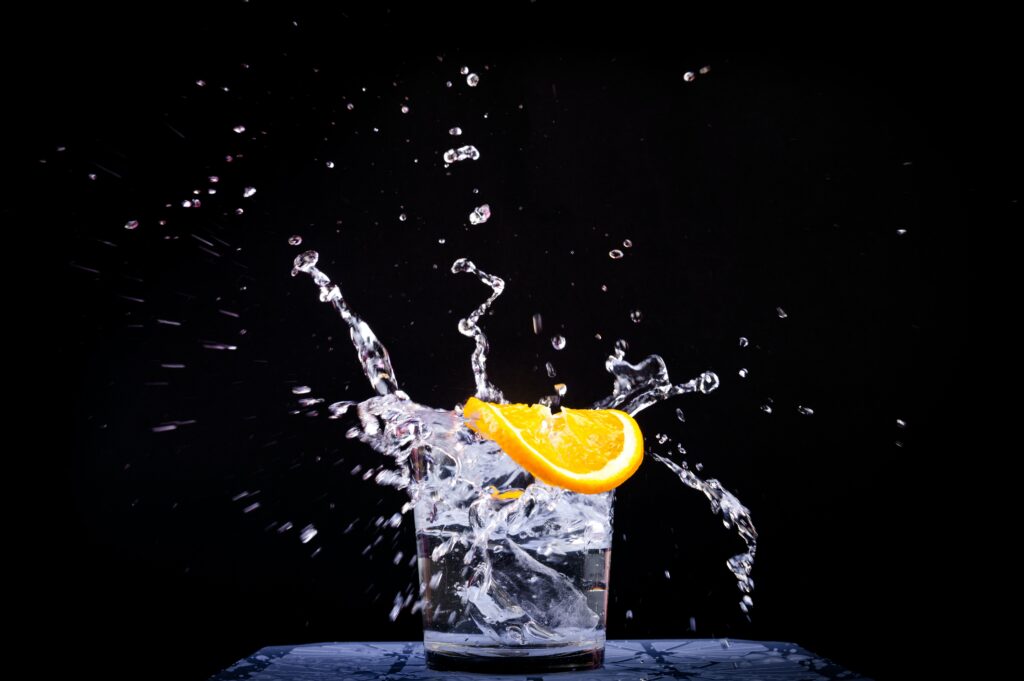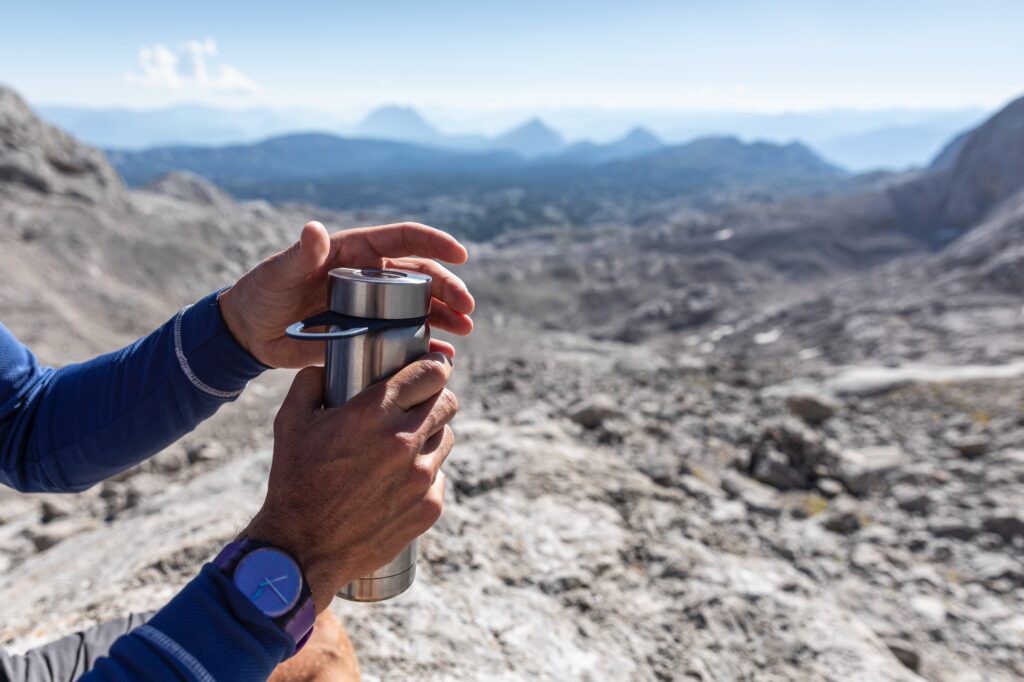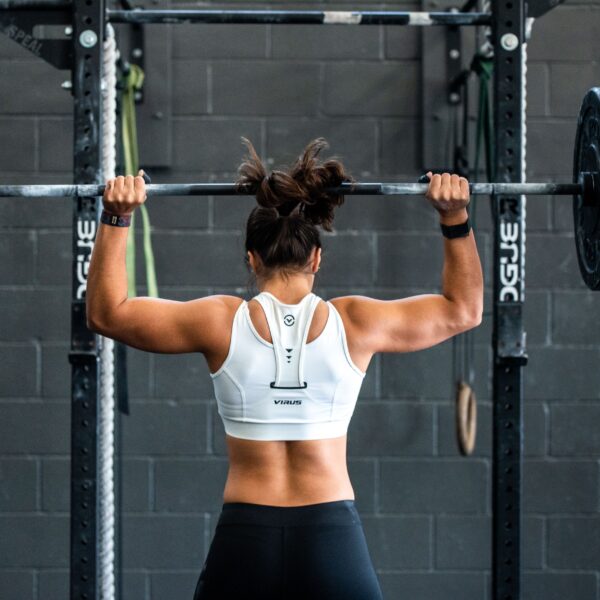Whether you’re a pro athlete or a weekend warrior, staying hydrated is fundamental when participating in regular exercise. Here are some of my top tips to help guide you on how much you need to drink, and what to drink, before, during and after exercise.

Hydration before you exercise
It’s really important to ensure that you are well hydrated before you exercise, especially if taking part in HIIT workouts or if you are exercising in hot conditions.
If you’re dehydrated before you start exercising:
- your core temperature will rise faster
- your heart will have to work harder than usual
Being dehydrated before you start exercising will affect your performance and can even lead to heat stroke. Drinking enough will help you get the most out of your exercise session and feel good while you’re doing it.
One quick way to test if you’re hydrated is to check the colour of your urine.
It can take time for fluids to be absorbed into your body. So, drink steadily during the day and aim to drink around 450ml of fluid in the two to four hours before you exercise. After that, drink more if you feel thirsty.
Hydration During Exercise
It’s very important to drink water during a workout. Being dehydrated can affect your energy levels which means that you won’t be able to work as hard if you haven’t drunk enough fluid.
TOP TIP: Drinking little and often rather than a lot less often will give you the best chance of hitting your exercise targets.
The amount you need to drink to be hydrated will depend on how much you sweat and how long you are planning on exercising for. How much you sweat and lose water is influenced by your:
- size – larger people tend to sweat more than smaller people, and men sweat more than women
- fitness – fitter people sweat more and earlier in exercise because their bodies are accustomed to needing to cool down
- environment – you sweat more in hot, humid conditions
- exercise intensity – you sweat more as you exercise harder
One way to know when to drink is to respond to what your body tells you. If you feel thirsty, you really need to drink as your body is already showing signs that it needs to take on more fluid. Here’s another way to work out how much fluid you lose while exercising and how much to drink to compensate for it.

Hydration After Exercise
Once all the hard work is over, no doubt you’ll be ready for something to drink. Not only will this be refreshing, but it will also restore your fluid levels and help your muscles to recover. The sooner you start to replace the fluid, the sooner you’ll recover. Drink until the colour of your urine returns to a hydrated colour – drinking water should be enough unless your workout is very strenuous or lasts over an hour.
Remember that alcohol is a diuretic, which means it removes water from your body by increasing how much urine your kidneys produce. So try to avoid consuming alcohol before or after exercise as it will likely cause you to become dehydrated.

Can you drink too much water?
Drinking too much can potentially be dangerous as it can cause a rare condition called hyponatraemia. This is when you drink more fluid than you lose through sweating and weeing. The excess water dilutes the salts in your body and your cells swell up, which can cause a number of problems. The amount you have to drink to get hyponatraemia varies hugely from person to person. The symptoms include:
- feeling bloated
- a headache
- feeling confused or disorientated
- feeling sick or vomiting
In a worst-case scenario, severe hyponatraemia can lead to seizures, losing consciousness and in extreme cases death. If you have any of the symptoms above while you’re drinking while exercising, seek urgent medical advice.


